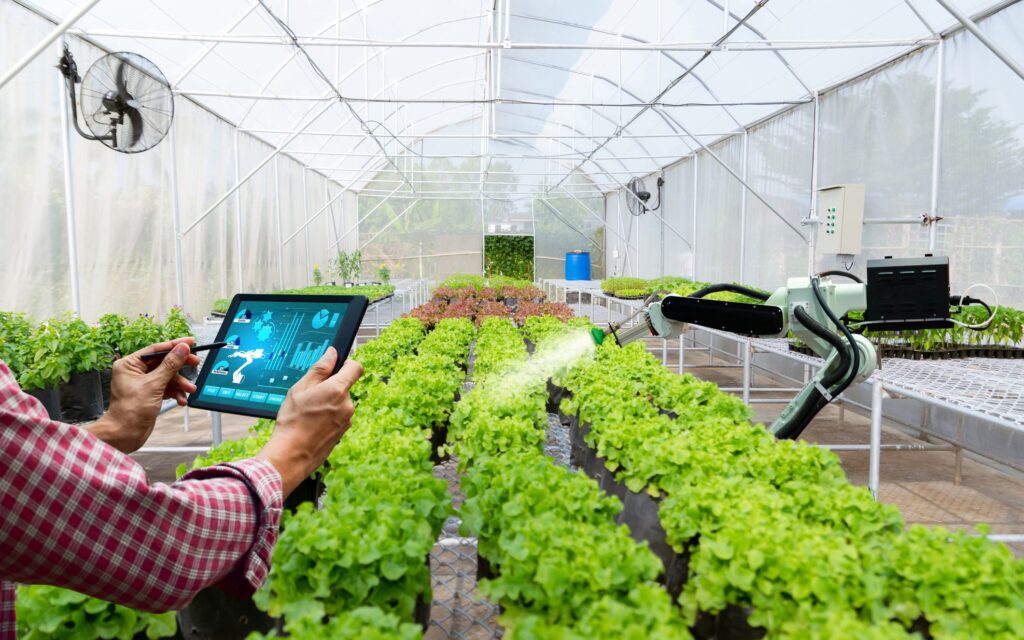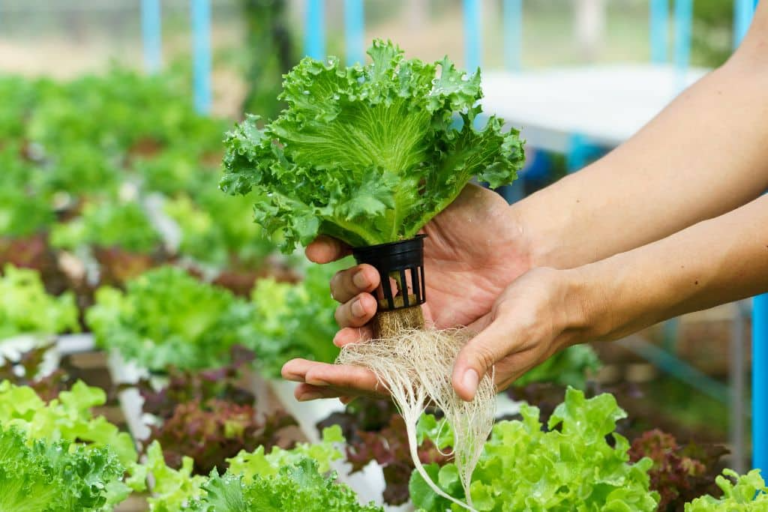The Impact of Modern Technology on Farming Practices
Agriculture is the backbone of Pakistan’s economy, providing employment to millions of people and contributing significantly to the country’s GDP. However, traditional farming practices in Pakistan often rely on outdated techniques and equipment, leading to lower yields and decreased productivity. In recent years, modern technology has emerged as a key solution to improve agricultural practices in Pakistan. In this article, we will discuss the role of modern technology in improving agricultural practices in Pakistan.
Precision Farming
Precision farming is a modern technology that uses GPS, sensors, and data analytics to optimize farming practices. It enables farmers to analyze and understand soil moisture levels, nutrient content, and crop growth patterns, allowing them to make data-driven decisions about planting, irrigation, and fertilization. This technology has already shown promising results in Pakistan, improving yields, and reducing input costs.
Drones in Agriculture
Drones are becoming increasingly popular in agriculture in Pakistan, offering an efficient and cost-effective solution to monitor crops, collect data, and spray pesticides. They can fly over fields, collect data on crop health, and provide real-time information to farmers, allowing them to take immediate action to address issues. Additionally, drones can be used to spray pesticides, reducing the need for labor and improving the efficiency of the spraying process.

Biotechnology Advancements
Biotechnology is another modern technology that is being used to improve agricultural practices in Pakistan. It refers to the use of genetic engineering to modify crops to make them more resistant to pests and diseases, increase yields, and improve nutrient content. Biotechnology has the potential to transform the agricultural sector in Pakistan, reducing the use of pesticides, improving yields, and improving the nutritional content of crops.
Revolutionizing Irrigation
Irrigation Technologies Pakistan is facing significant water scarcity issues, which have a severe impact on agricultural productivity. Modern irrigation technologies, such as drip irrigation and sprinkler systems, are used to improve water efficiency, reduce wastage, and improve yields. These technologies use sensors to monitor soil moisture levels. To ensure that crops receive the right amount of water at the right time.
Agricultural Robotics
Farmers in Pakistan are utilizing agricultural robotics as another modern technology to enhance agricultural practices. They employ these robots for planting seeds, weeding fields, and harvesting crops, which leads to a reduction in labor costs and an improvement in efficiency. Moreover, agricultural robots play a crucial role in collecting data on crop health, enabling farmers to make data-driven decisions about their farming practices.

Potential Benefits of Modern Agricultural Technology:
The use of modern technology in agriculture has the potential to transform the sector in Pakistan. Improved yields and productivity can lead to increased food security, reduced poverty, and improved economic growth. Additionally, modern technology can reduce input costs, making farming more profitable and sustainable. Finally, modern technology can reduce the environmental impact of agriculture by reducing the use of pesticides, fertilizers, and water.
Maximize potential using modern technology in hydroponics.
Challenges in Implementing Modern Agricultural Technology:
While the use of modern technology in agriculture offers significant benefits, some challenges need to be addressed. Firstly, the high cost of technology can be a barrier for small-scale farmers, who may not have the resources to invest in modern equipment. Secondly, there is a lack of awareness and education about modern technology among farmers, which can limit its adoption. Finally, the lack of infrastructure, such as a reliable electricity supply, can limit the effectiveness of modern technology in agriculture.
Conclusion and Policy Recommendations:
Modern technology offers significant potential to improve agricultural practices in Pakistan, increasing yields, improving sustainability, and reducing input costs. However, the adoption of modern technology faces significant challenges, such as high costs, limited awareness, and a lack of infrastructure. To address these challenges, the government needs to invest in education and training programs, and improve infrastructure to support the use of modern technology in agriculture. By doing so, Pakistan can build a more resilient and sustainable agricultural
For more Amazing and Unique information and Posts Visit our Home page... If you have any suggestions or information feel free to share with us ….






